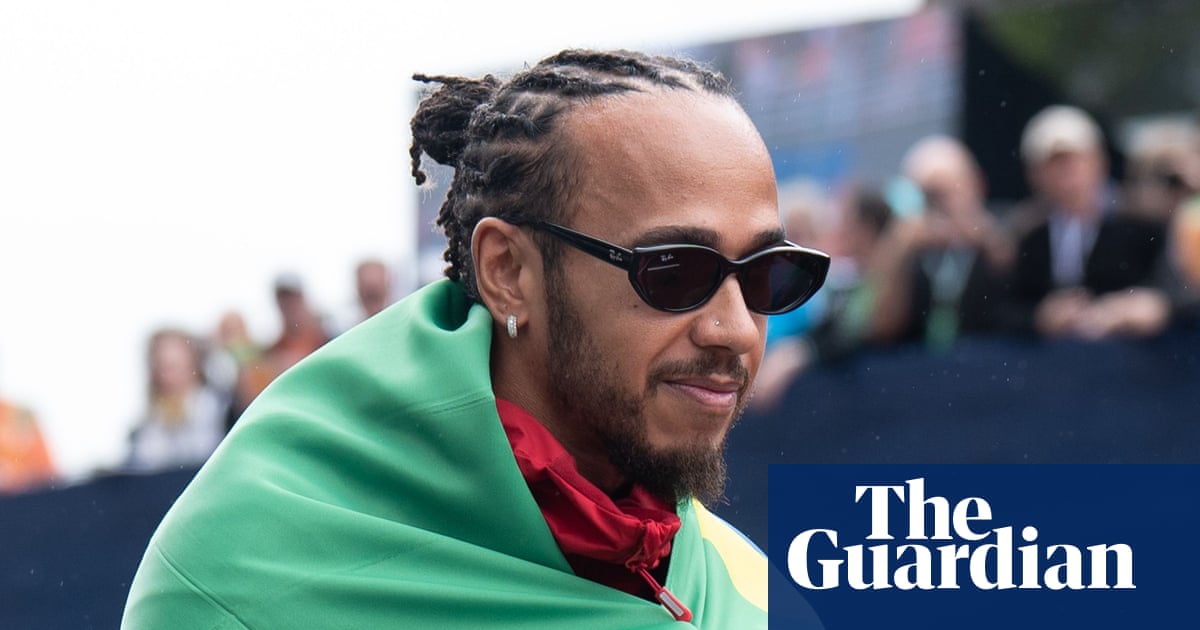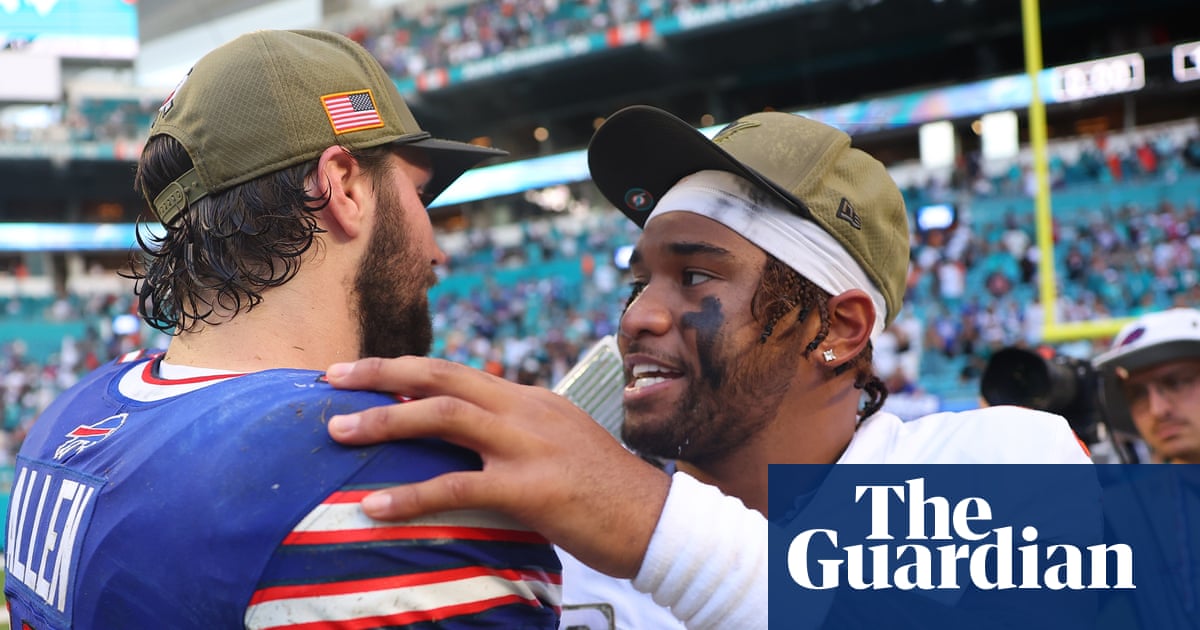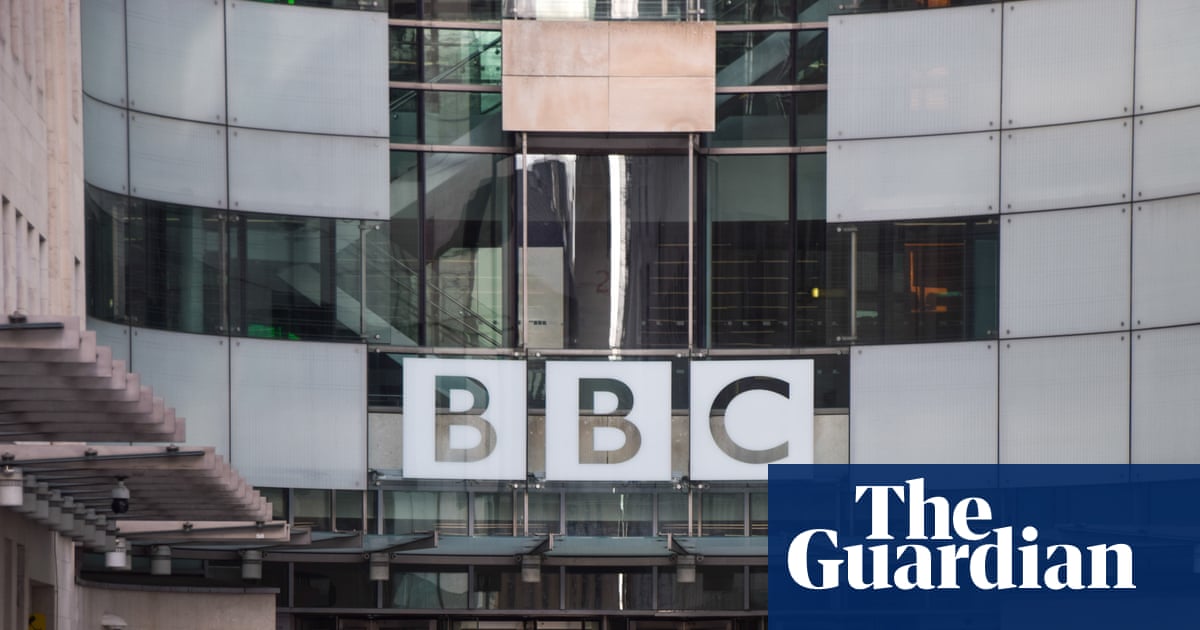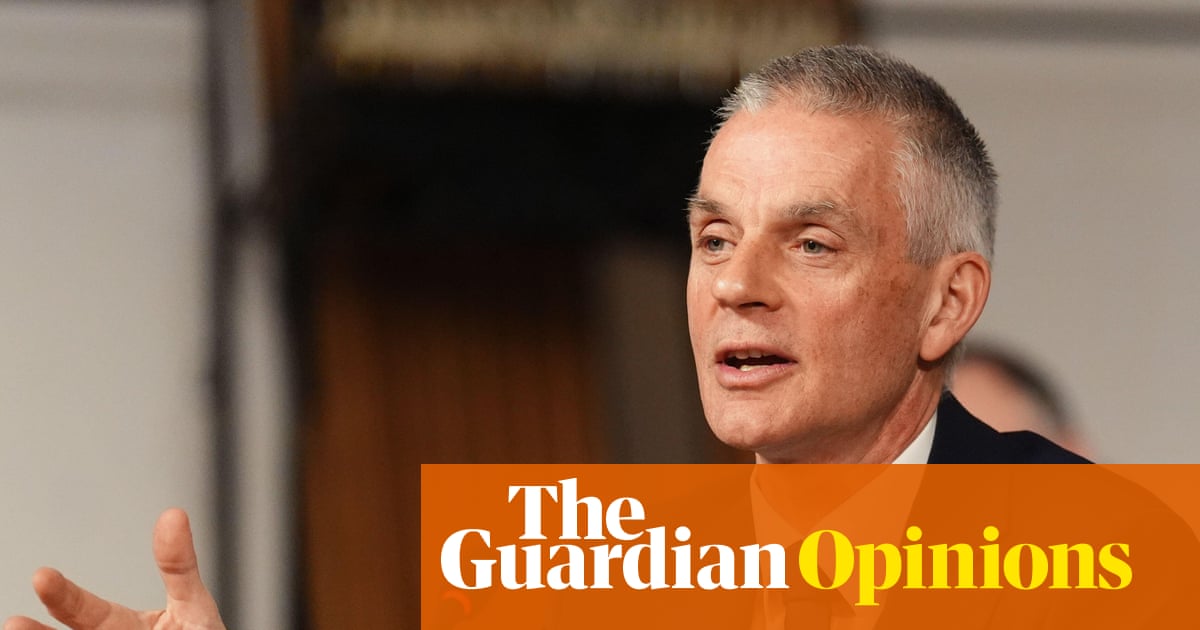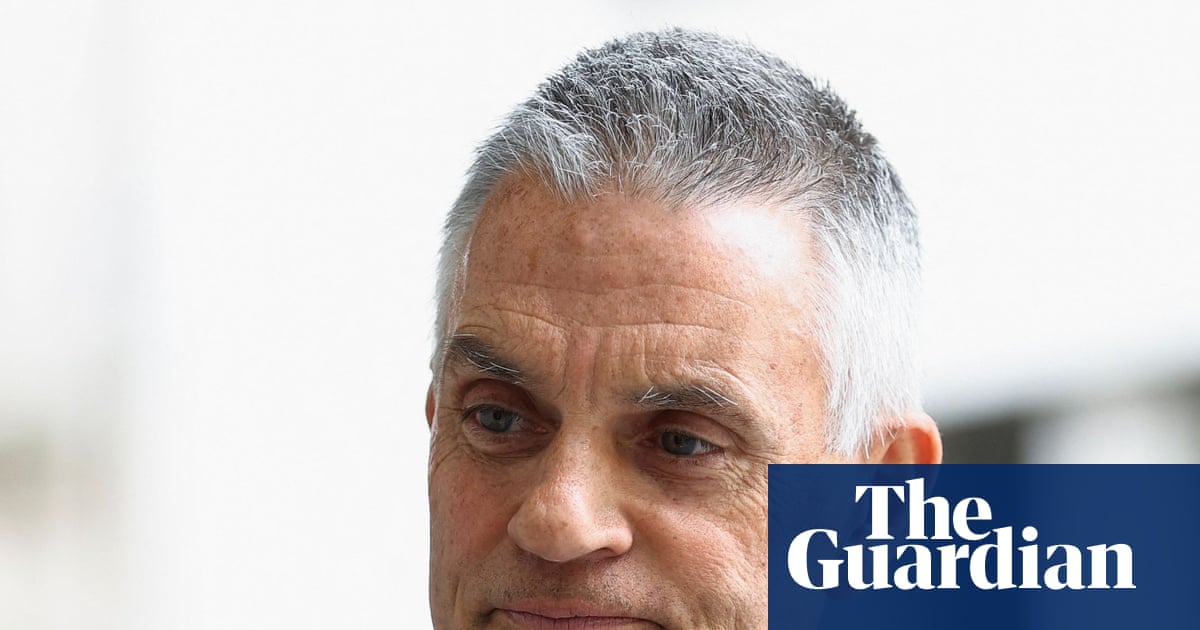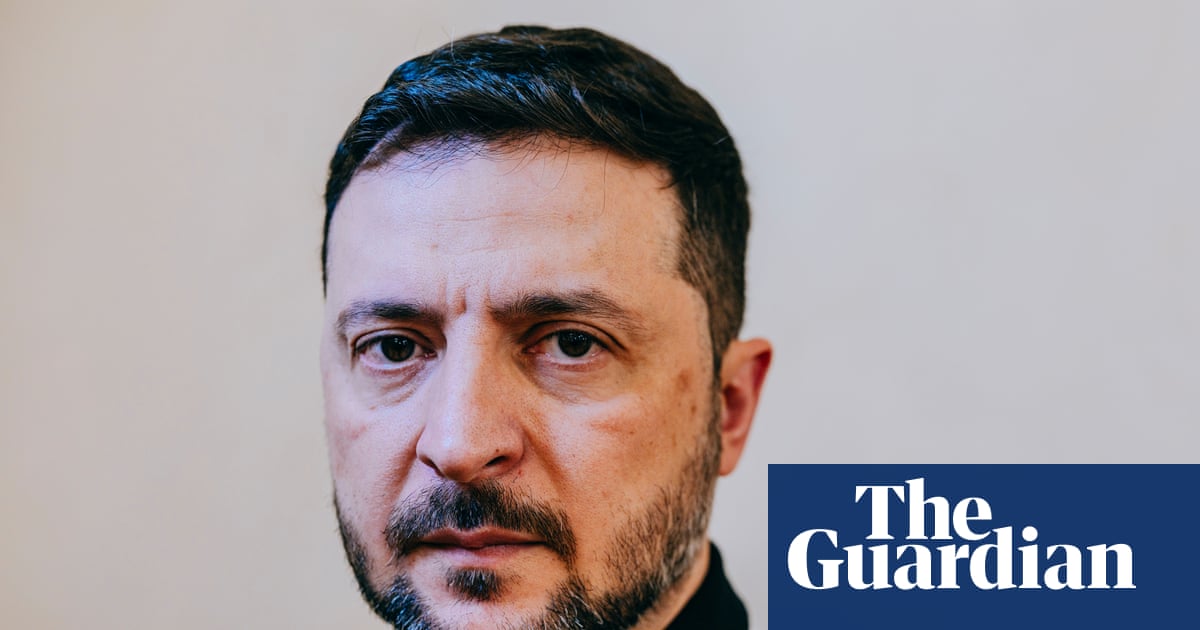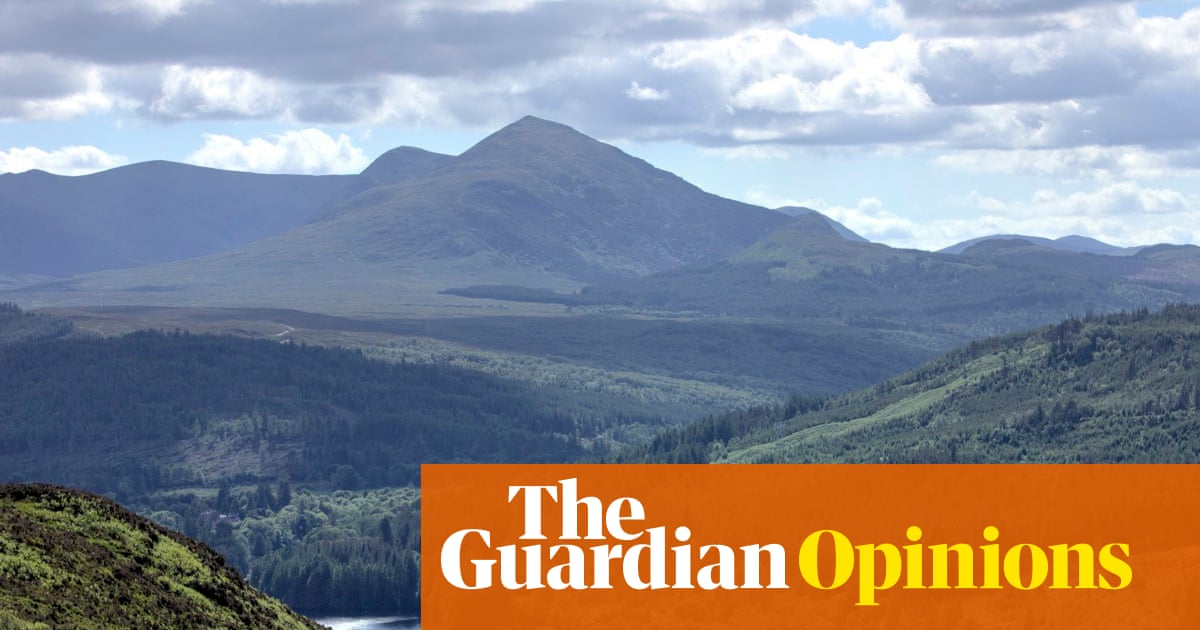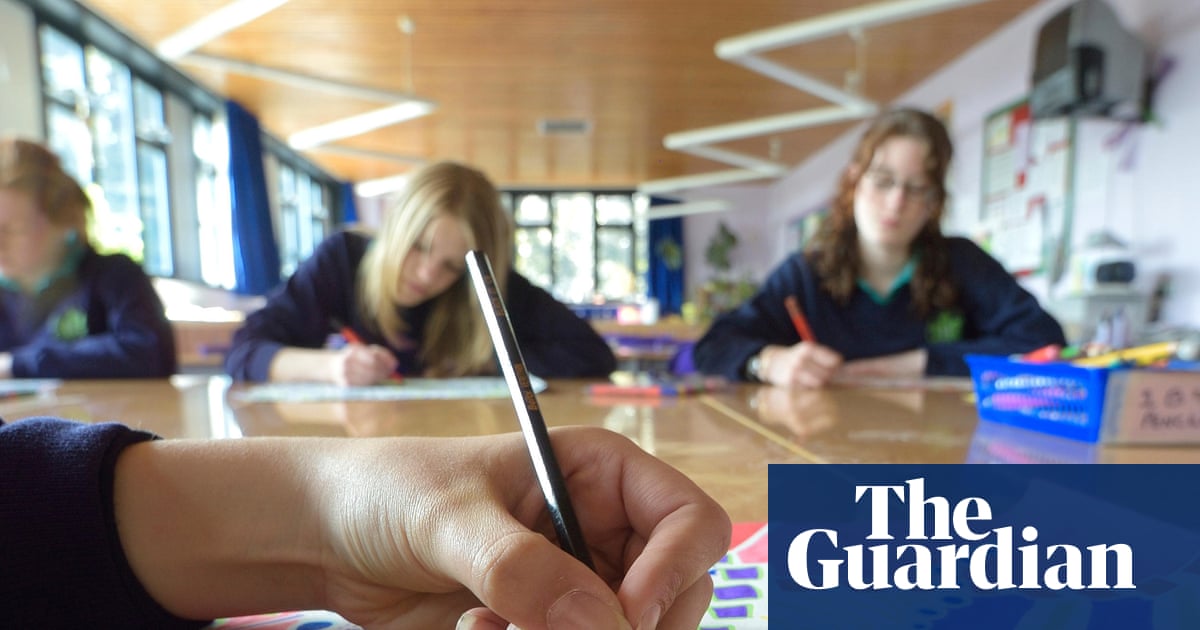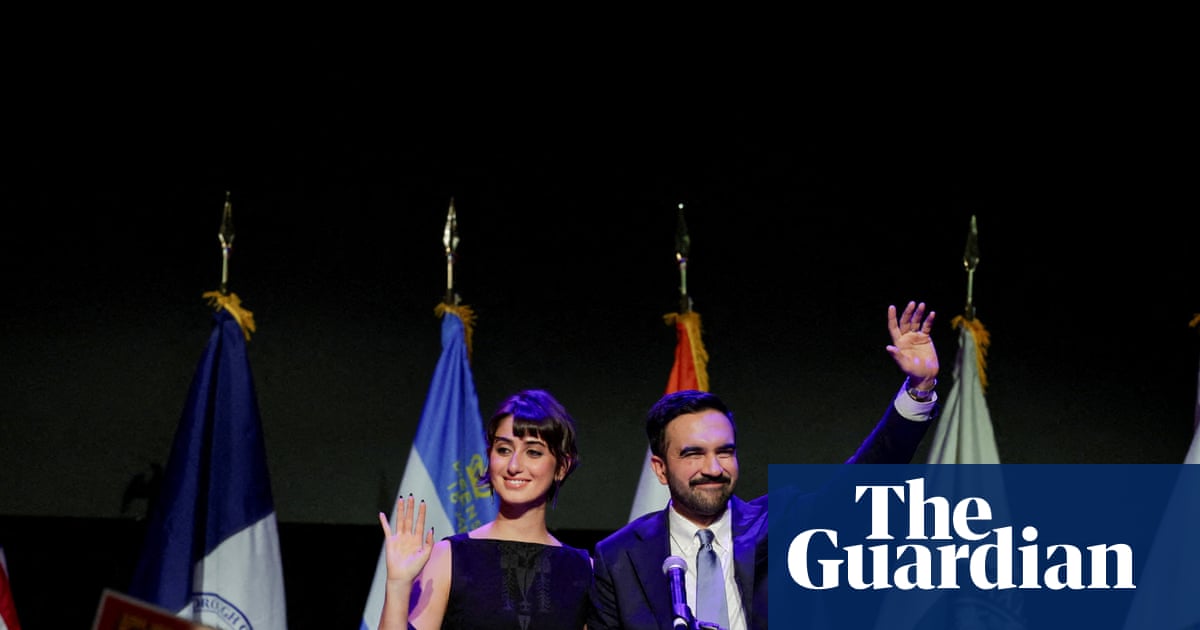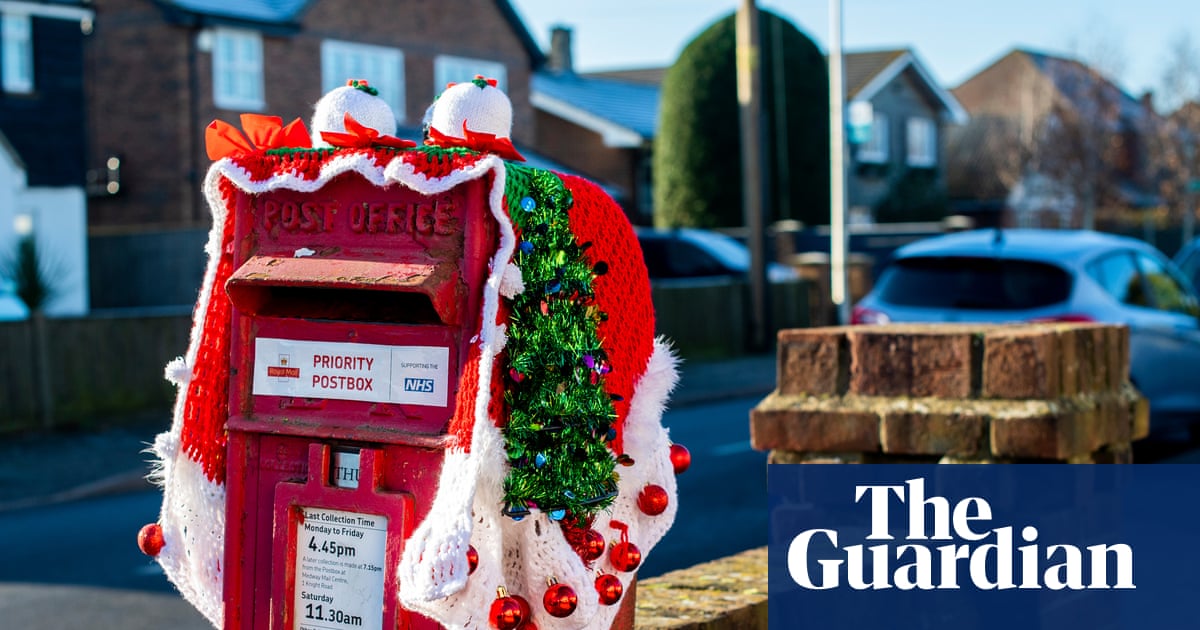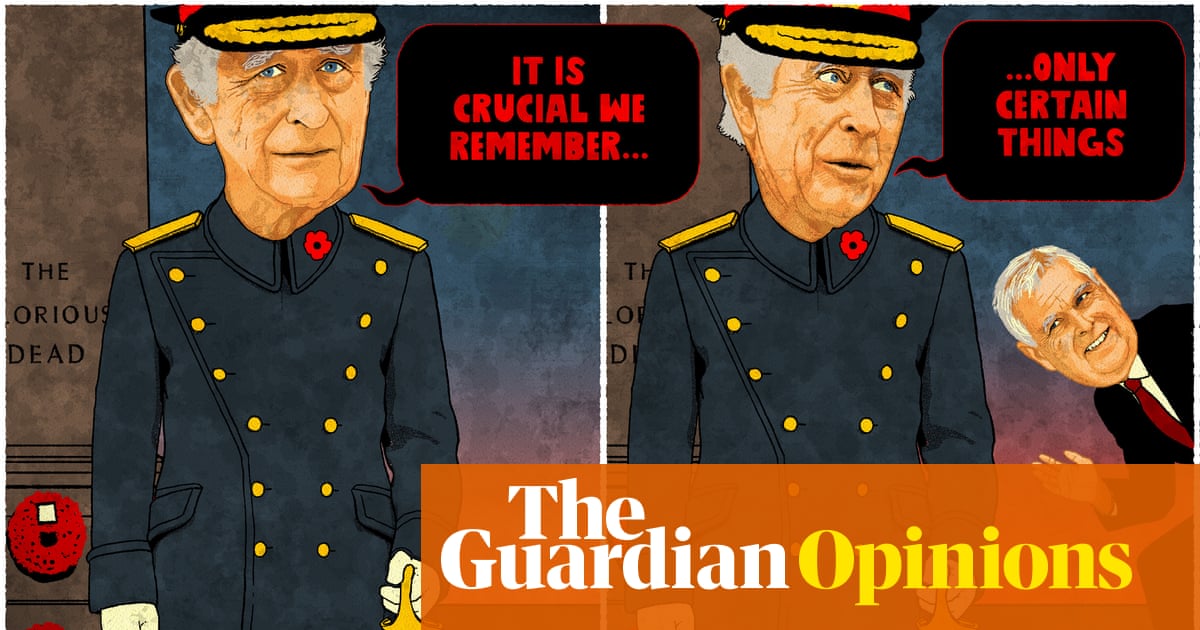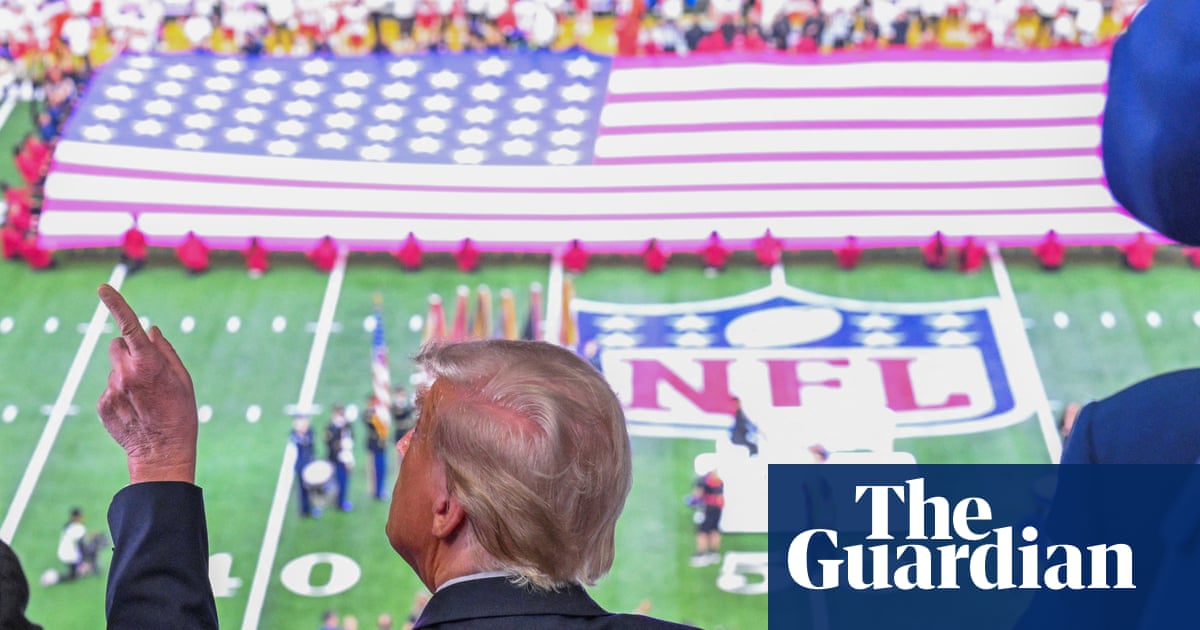My sister is an amazing aunty to my baby son. She is obsessed with him. So much so, she recently used some of her annual leave to take him on a day out. She was excited to show him off, proud to push him in his buggy and have people assume he was hers for a few hours. She never expected to be met with hostility and suspicion.
Like me, my sister is a Black mixed-race woman. My son is, at a glance, “white-presenting”, with blond hair and blue eyes. As they travelled together on the London underground, a woman looked at my son, looked at my sister and asked coldly: “Are you child-minding?” It was humiliating and invalidating. My sister scrambled to answer, not knowing what would happen if her status as blood relative wasn’t believed. Later, she told me she wished she hadn’t answered – why does a stranger have the right to question her in this way? – but in the moment, she felt rattled.
I know this feeling well. I have experienced it myself. Surprised looks, invasive questioning. In the 14 months since he was born, I have been asked: “Is he yours?” a number of times. Sometimes, I am tempted to reply: “No, I kidnapped him and strapped him to my chest”, just to see what would happen.
It isn’t the question itself that’s an issue. I am not against having a conversation about heritage approached in the right way. But it’s the presumption that strangers are entitled to know anything about me, my family and our background, simply because we don’t look how they expect us to. And, lying just beneath innocent curiosity, there is often something much darker – the implication that a family that looks like mine is inherently suspect, questionable. That we don’t automatically belong.
Of course, extremists have always felt this way, but it’s an ideology that no longer feels confined to the extreme fringes of society. Incidents like these are indicative of a broader social shift, a gradual normalisation of the hateful, bigoted rhetoric that ultimately emboldens members of the public to interrogate Black and brown people on the street if they feel threatened.
Recently, I was sickened to read the story of the Black man vilified and hounded by death threats after far-right activist Tommy Robinson shared a video of him playing with his white grandchildren. I couldn’t help but think of my late father and how he would have adored spending time with his grandson. It breaks my heart that we might have had to worry about the optics of their relationship every time they were out together.
I hoped we were far beyond this, that I was bringing my son up in an increasingly tolerant world. But these recent experiences remind me of the things my parents went through in the early 1990s when my sister and I were babies – the hostility and judgment, the overt racism. My mum, who was white, always described it as viscerally painful when people didn’t see her as our mother. This should be a thing of the past. After all, the 2021 UK census showed the number of people identifying as being from “mixed/multiple ethnic groups” increased 40% in the preceding decade. I didn’t expect that now, I would feel a similar pain as my mother did.
But this is the direct result of a social rhetoric that has carefully cultivated a fear of the other. Nigel Farage is weaponising this fear, and the disproportionate airtime he is receiving is helping to normalise it. The Reform UK leader has dominated headlines and news programmes, describing illegal immigration as a “scourge”, and floating chilling proposals for the mass deportation of children. At the same time, the “raise the colours” movement has spread St George’s flags across motorway bridges and middle England town centres, not as a celebration of heritage but as a warning that Britain is not for everyone. Just a few miles from where we live in east London, the Bell hotel in Epping has been a target for weekly far-right protests throughout the summer, with groups of men with megaphones shouting abuse at desperate families seeking refuge.
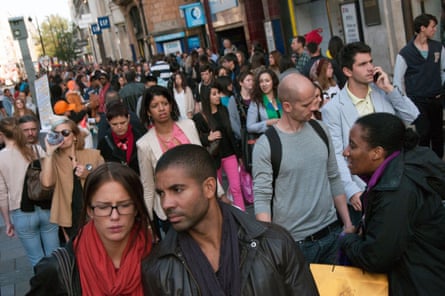
These are not isolated incidents. They are the inevitable outcome of the drip-feeding of cruelty and intolerance into the public psyche. It has created a climate in which suspicion is rife, and anyone who doesn’t fit a narrow, racialised definition of “Britishness” is portrayed as a threat.
after newsletter promotion
Last month, I took my son to his first Notting Hill carnival and proudly draped him in his Jamaican flag. There is a world in which we could be proud of our Britishness in the same way. A world in which a St George’s flag fluttering from a lamp-post wouldn’t send a shiver down my spine and make me quicken my pace. But that world is drifting further away.
This country is changing. The far right now represents a real threat and the polls suggest a Reform UK prime minister is increasingly possible. We should think hard about that. We can’t let their language of division and fear take hold, dictate our cultural identity, or decide who gets to feel at home here. Families like mine – interracial, blended, adoptive, made up of different skin tones and stories – are an integral part of Britain’s present and future. We won’t be pushed to the margins.
-
Natalie Morris is national editor at The Lead and author of Mixed/Other: Explorations of Multiraciality in Modern Britain
-
Do you have an opinion on the issues raised in this article? If you would like to submit a response of up to 300 words by email to be considered for publication in our letters section, please click here.

 2 months ago
53
2 months ago
53
